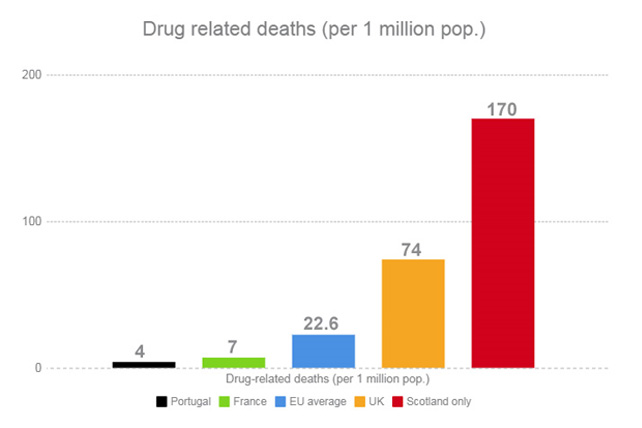An Indian minister has called for the legalisation of cannabis for medical purposes, as legislators consider approaches to reducing drug misuse in the country.
Maneka Gandhi, Minister for Women and Child Development, declared that “marijuana should be legalised for medical purposes, especially as it serves a purpose in [treating] cancer”. Gandhi was speaking during a ministerial discussion on India's National Drug Demand Reduction Policy – a regularly-revised government document which aims to reduce demand for both illegal and pharmaceutical drugs.
There are mentions of cannabis in historical and sacred Indian texts from over 3,000 years ago, however the drug was prohibited across the country in 1985 following pressure from the US’ Reagan administration. Ironically, the US is now one of the countries at the forefront of the movement for cannabis law reform.
Medical cannabis is well-evidenced in treating a range of ailments, including chronic pain, multiple sclerosis, and some of the harmful side-effects of chemotherapy. However, according to the Press Trust of India, Gandhi backed up her proposal by referring to a specific potential benefit of medical cannabis that is rarely discussed: "[In] some of the developed countries like the US, marijuana has been legalised which ultimately results in less drug abuse".
Recent evidence suggests that allowing access to medical cannabis in a jurisdiction may reduce the frequency of opioid overdoses, including that of heroin. This is particularly pertinent in India as certain regions, most prominently the northern state of Punjab, have become increasingly gripped by a deadly opioid crisis.
In 2015, the government estimated that over 230,000 people in Punjab – or around one per cent of the state's adult population – was dependent on opioid drugs, such as heroin. Harm reduction measures – such as opioid substitution treatment, safe injection facilities, and the provision of the overdose-reversing drug naloxone – are proven to reduce opioid-related harms and deaths, but researchers have also found a promising link between medical cannabis legality and the reduction of opioid overdose deaths.
In 2014, a group of researchers completed a time-series analysis of medical cannabis laws and opioid-related deaths across all 50 US states over a 12-year period. The paper, published in the Journal of the American Medicine Association, concluded that “medical cannabis laws are associated with significantly lower state-level opioid overdose mortality rates”.
While there are likely a number of reasons behind the correlation, the researchers pointed to how people who misuse opioids – including pharmaceutical drugs and heroin – often do so to alleviate chronic pain. As medical cannabis can also be effective at treating chronic pain, increasing access to it may reduce opioid use, the paper claims, and thereby reduce opioid overdoses.
In 2016, researchers who began prescribing medical cannabis to opioid-dependent patients in the US state of New Mexico said that "[the patients] state [that cannabis] calms down their cravings, relaxes their … anxiety and is helping to keep them off opioids. If they are in pain, cannabis is helping relieve their pain, often to the point that they don't need opiates anymore".
Medical cannabis has a range of benefits that are entirely unrelated to opioid use, but these have been well-documented. More research is needed into the link between medical cannabis provision and opioid harms, and – given the crisis in Punjab – this is something that Indian policymakers should be paying close attention to. Drastic crises call for bold responses, and Maneka Gandhi’s suggestion appears to be a potential stride in the right direction for reducing the opioid crisis, although it is uncertain whether the government will support the change. However, it is vital to note that in the bid to reduce heroin overdoses, a wider package of harm reduction measures is essential.


